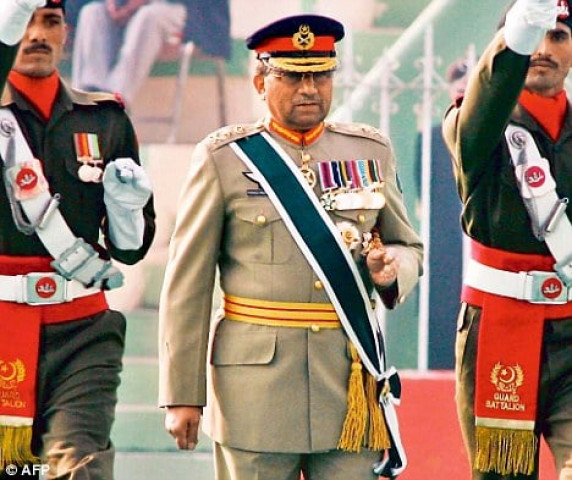Unprecedented
The court has established the principle that no individual, group or institution is more powerful than the law

PHOTO: FILE
While the judgment is generally welcome as a transformational moment in the country’s history, for quite too many – including renowned judicial experts – the court has only delivered selective justice by limiting the scope of the trial to just one person and letting his aiders and abettors go scot-free. The argument goes that Musharraf’s real sin was to topple a democratic government, on October 12, 1999, and hold the Constitution in abeyance. However, Nawaz Sharif, as prime minister, invoked Article 6 of the Constitution against Musharraf for the declaration of the state of emergency on November 3, 2007 and deliberately ignored what was really incriminating i.e. the October 12, 1999 military takeover. Many an expert also believes that while the October 12 takeover was indeed a treasonous act, the November 3 declaration of emergency was not. And then there is this argument too that the fair-trial condition remained unfulfilled in a trial as serious and sensitive as high treason, as Musharraf was not given a proper opportunity to defend himself.
The judgment did not either go down well with the military which believes “the due legal process seems to have been ignored including constitution of special court, denial of fundamental right of self-defence, undertaking individual specific proceedings and concluding the case in haste”. The special court decision “has been received with [a] lot of pain and anguish by rank and file of Pakistan Armed Forces”, says a spokesperson for the Pakistan Army, making it clear that “an ex-Army Chief, Chairman Joint Chief of Staff Committee and President of Pakistan, who has served the country for over 40 years, fought wars for the defense of the country can surely never be a traitor”. The armed forces “expect that justice will be dispensed in line with Constitution of Islamic Republic of Pakistan”.
Doubts, thus, persist over the implementation of the decision, even though the legal process will still continue as the APML, the political party that Musharraf heads, has already announced that the verdict will be challenged in the Supreme Court. The judgment, meanwhile, is bound to breed conflict – between the institutions, and within the political class. While the top court will conceivably come under pressure given the “pain and anguish” felt by the soldiers, the political opposition will latch on to the golden opportunity to call the government’s bluff on their much-trumpeted mission of ensuring justice and equality in the country in line with the principles of Riyasat-e-Madina.
Published in The Express Tribune, December 18th, 2019.
Like Opinion & Editorial on Facebook, follow @ETOpEd on Twitter to receive all updates on all our daily pieces.















COMMENTS
Comments are moderated and generally will be posted if they are on-topic and not abusive.
For more information, please see our Comments FAQ